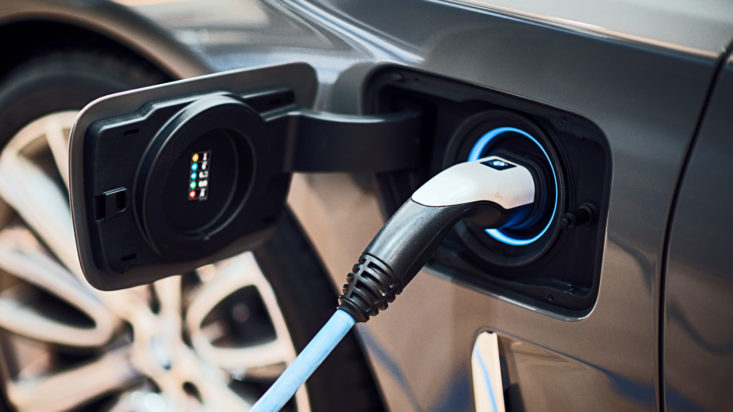‘Uneven’ impact of race to net zero opens huge opportunity
The mooted transition to net-zero will have an “uneven impact” across sectors, presenting opportunity and risk in equal measure, according to JP Morgan Asset Management.
Companies that can achieve climate-based technology solutions are set to be the “biggest beneficiaries” of any new environmental initiatives, with autos in the hot seat as one of the most attractive sectors for investment in a net-zero world.
“The long-term winners will likely include those with dedicated EV (electric vehicle) platforms and higher levels of vertical integration of the battery electric vehicle (BEV) powertrain, including investments in the battery cell and its supply chain,” said JPMAM Greater China analyst Mark Mao.
“The transformation will require significant investment spending (capex and R&D) at a time when margins from traditional vehicles are in decline and EV profitability is still a challenge for most companies…Carmakers that postpone changes are likely to face significant operational headwinds as well as investor apathy.”
The transition to net-zero will also be a boon for private infrastructure, while “stranded asset” risk remains a headline concern for the sector as it moves away from more carbon-intensive fossil fuels.
“Valuations are a further risk for investors. The recent significant increase in investor interest in ‘green’ infrastructure has boosted the stock prices for certain publicly listed infrastructure assets/companies,” said Nick Moller, of the global infrastructure investments group.
“However, the supply of such investments has not grown as quickly, given the length of new development cycles, which could impact forward-looking returns. Managing essential infrastructure in a sustainable way, with a focus on governance, is critical for risk-adjusted returns.”
The transport sector is also “perceived as poorly aligned” to conventional environmental standards, and further investment in clean technology solutions – along with regulatory efforts – will be required to bring the industry in-line with the net-zero transition.
“Transportation assets that are more environmental friendly can sometimes be more profitable. Fuel is often largest operating cost for asset owners and lowering the cost of fuel can often result in meaningful savings for those leasing the assets,” said Anurag Agarwal, of the firm’s global transport group.
“Eco-friendly assets can, therefore, command a premium. In this regard profitability and growth prospects will become inextricably linked to sustainable operations,” Agarwal says.











